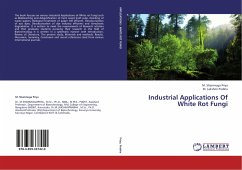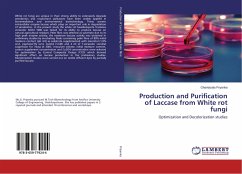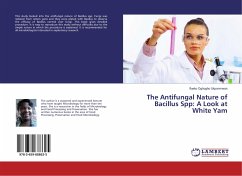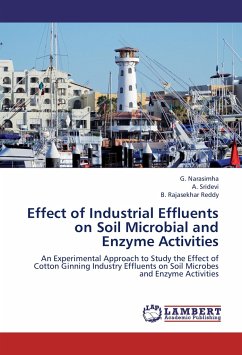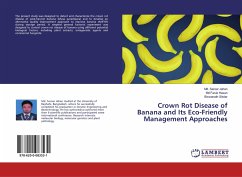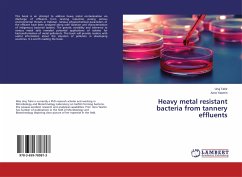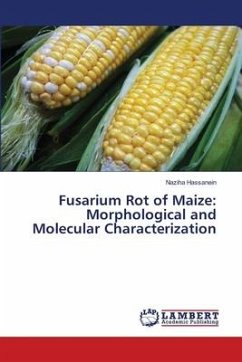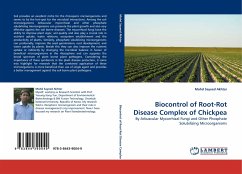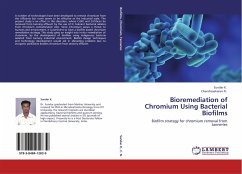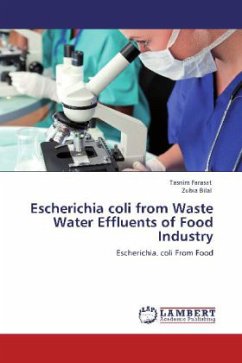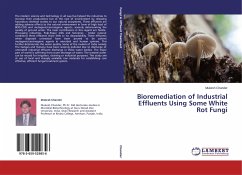
Bioremediation of Industrial Effluents Using Some White Rot Fungi
Versandkostenfrei!
Versandfertig in 6-10 Tagen
36,99 €
inkl. MwSt.

PAYBACK Punkte
18 °P sammeln!
The modern science and technology in all way has helped the industries to increase their productions but at the cost of environment by releasing hazardous chemical wastes to our natural ecosystems. These effluents are adding adverse effects to the natural environment in form of high load of BOD-COD and mutagenic/carcinogenic agents, severely deteriorating the quality of ground water. The main contributors in this regard are Textile-Processing industries, Pulp-Paper mills and Tanneries . Under natural conditions these effluents show little or no degradability. These effluents when disposed untr...
The modern science and technology in all way has helped the industries to increase their productions but at the cost of environment by releasing hazardous chemical wastes to our natural ecosystems. These effluents are adding adverse effects to the natural environment in form of high load of BOD-COD and mutagenic/carcinogenic agents, severely deteriorating the quality of ground water. The main contributors in this regard are Textile-Processing industries, Pulp-Paper mills and Tanneries . Under natural conditions these effluents show little or no degradability. These effluents when disposed untreated have been proved to be potent mutagenic/carcinogenic agents in microbial and human systems. This further deteriorates the water quality. Some of the rivulets of India namely The Ganges and Yamuna have been severely polluted due to discharge of untreated industrial effluent discharge in these water bodies. The major part of world is suffering from acute shortage of water. The treated water can be reused for irrigation, cleaning or industrial purposes. This study aim at use of local and cheaply available raw materials for establishing cost effective, efficient fungal treatment system.



